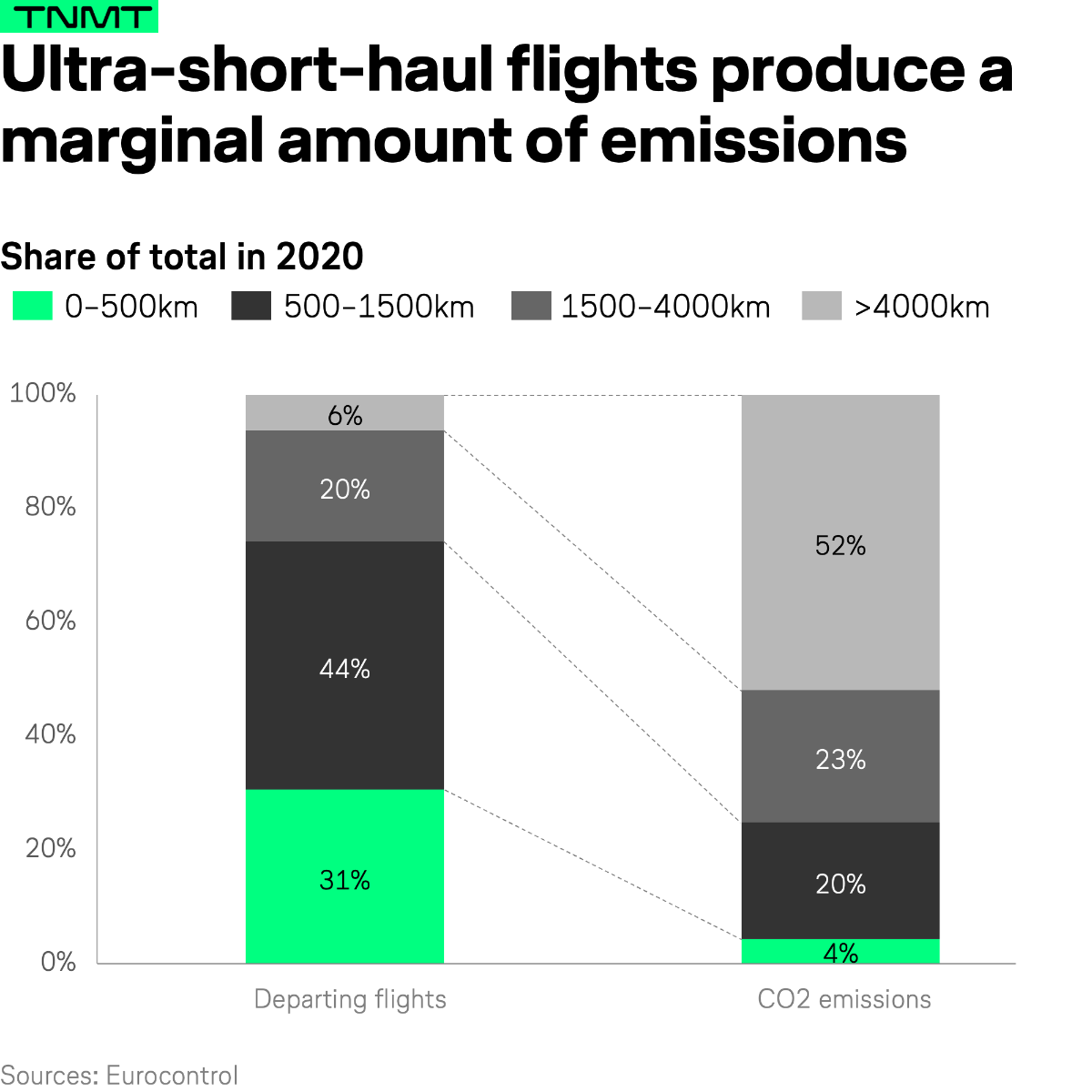What’s more likely to destroy sunflowers, a can of soup or climate change? 💭
The Grumpy Optimists discuss Just Stop Oil's latest protest, France saying screw you to oil companies and will the cargo bike replace the second car?
Happy Monday. 👋
Welcome back to another week of the Grumpy Optimists where we try and bring you all the positives over the last 7 days. As it turns out, a lot can happen in just a week, including a new prime minister in the UK.
Anyway, on to the climate talk. This week, we’re reflecting on the power of a can of soup in fighting climate change, funding to help the future and decarbonising urban mobility.
Dig in and enjoy!
👀 Articles to read
🇫🇷 France says au revoir to the Energy Charter Treaty. The Energy Charter Treaty (ECT) protects fossil fuel investors from policy changes that could threaten their profits. Originally, it was set up to protect western energy companies operating in former soviet countries but is now simply seen as a way of slowing down the path to renewable energy and protecting big oil. Italy has already withdrawn after having to pay £210m to a UK oil firm for banning offshore drilling. 🤯
🌻 What’s more likely to destroy sunflowers, a can of soup or impending climate destruction? Many of you will have seen the video of two young Just Stop Oil protestors throwing tomato soup at the Van Gogh sunflowers last week, but what did you think?
At first, I took the position of frustration, thinking “it’s only going to scare more people away”. But then I thought about it, understood that the artwork was protected and actually listened to the people who did it and I felt like I understood the power of the protest. It did something that numbers or words couldn’t do alone, it created a physical and almost emotional reaction of shock about what had happened and the damage that might have been caused.
Most importantly it made me think, what is really going to destroy art and sunflowers? It’s not tomato soup, it’s our continuous destruction of the planet.
I challenge you to watch the video below; whether you believe in what they’re doing or not, civil disobedience plays a role in limiting our impact on the planet. I’d love to know your thoughts on this.
🛢️Shell and HSBC ads get the boot for greenwashing. Shell’s adverts in the Netherlands, promoting the ability for customers to pay extra to ‘compensate’ for their energy use, were banned last week over claims they’re misleading. This is the second time the Dutch Advertising Code Committee has banned Shell’s adverts for being misleading. Similarly, HSBC was penalised for their ads about financing renewable energy. The UK Advertising Standards Authority said that the ads omitted information about the damage and significant contributions the bank has in financing fossil fuels.
🚋 Oslo set to become the first zero-emission transport capital. The city is aiming for its transport system to become emission-free by the end of 2023. As part of the plans, over 450 diesel buses will be replaced by electric ones. The impact isn’t just good for global emissions but also great for improving the air quality of the city. As somebody who cycles through the bus lanes of London every day, I would love not to have to cycle through exhaust fumes.
🛫 A deep dive into aviation emissions and how to decarbonise. TNMT - Travel and Mobility Tech, a site run by Lufthansa Innovation Hub, took a deep dive into the world of aviation looking at topics like whether we should ban short-haul flights. They also looked at the enormous impact of private jets and the role of Hydrogen in helping to decarbonise the industry. A genuinely interesting read with great graphics below.
In a week where Bernard Arnault, the 2nd richest man in the world sold his private jet to stop climate activists on Twitter from tracking his movement, this piece helps shed more light on the impact of the aviation industry, weirdly enough, from an airline. (Don’t celebrate, Arnault just rents his private jets now).
💰Funding for the future. There were two interesting funds that caught our eye this week: Lower Carbon capital’s $250m fund for accelerating nuclear fusion (the one without all the radioactive material) and Propeller, an ocean-tech fund aimed at tackling climate change via the ocean.
🧠 Why it matters. Oceans don’t just cover 70% of our planet, they’re also massive carbon sinks, responsible for absorbing 40% of all CO2 created by humans. Fusion energy has the potential to provide the world with unlimited renewable energy every day, all day. It’s truly a crazy thought to think you can have limitless energy and most likely for free or very low cost.
🚲 Ireland gives a €3,000 tax break to boost cargo bike sales. The funding will come through Ireland’s cycle-to-work scheme with the hope that it can boost numbers and act as an alternative to a second car. I’m a big fan, one day I hope to be a cargo biking adult.

That’s all from us this week folks, let us know what you thought in the comments.
The Grumpy Optimists 💚





